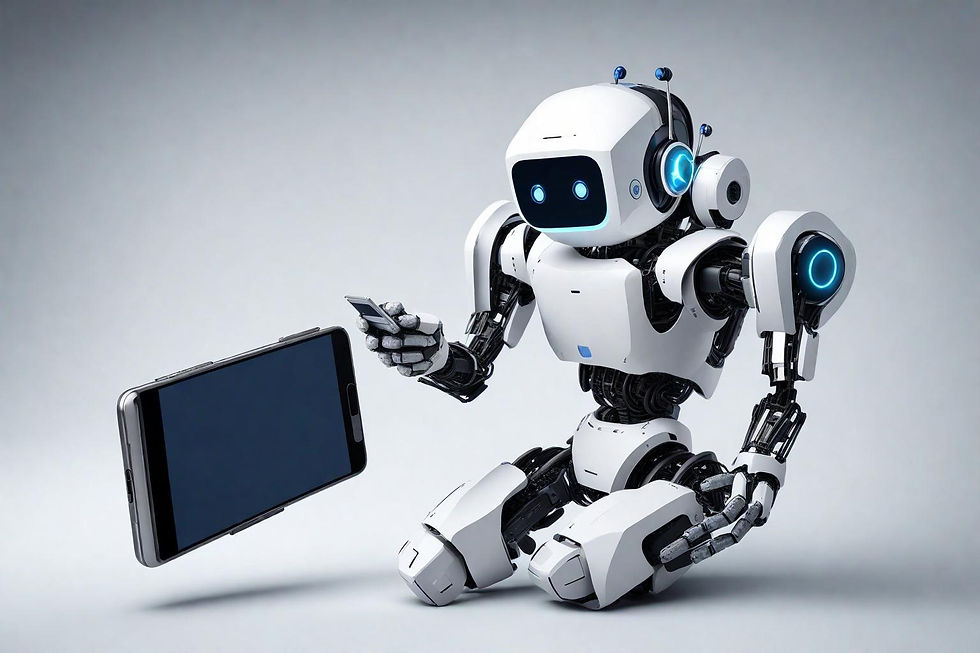
AI-driven Power Management:
One of the key challenges faced by smartphone users is maximizing battery life while maintaining optimal performance throughout the day. AI-powered algorithms have revolutionized power management by intelligently analyzing usage patterns and adjusting system settings to conserve energy without compromising performance.
Adaptive Battery Optimization:
AI algorithms monitor how users interact with their smartphones and identify which apps consume the most power. By prioritizing background processes and limiting resource-intensive tasks, smartphones can extend battery life significantly. Adaptive battery optimization ensures that essential apps remain active while less frequently used apps are optimized to minimize battery drain.
Smart Charging:
AI-driven smart charging technology analyzes charging habits and adapts charging patterns to prolong battery lifespan. By dynamically adjusting charging speeds based on factors such as battery temperature and usage patterns, smartphones can minimize overcharging and slow down the degradation of battery health over time.
Performance Enhancement:
In addition to optimizing battery life, AI plays a crucial role in enhancing overall smartphone performance. By monitoring CPU, GPU, and memory usage in real-time, AI algorithms can prioritize resources for critical tasks, ensuring smooth multitasking and responsive user experiences.
Predictive Performance Management:
AI-powered predictive performance management anticipates user behavior and preloads frequently used apps and services into memory, reducing app launch times and improving overall system responsiveness. By learning from usage patterns, smartphones can proactively allocate resources to deliver a seamless and lag-free experience.
Example:
Adaptive Battery Optimization
Imagine a user with a smartphone equipped with adaptive battery optimization. Throughout the day, the smartphone learns the user's usage patterns, identifying which apps are frequently used and which ones remain idle for extended periods. Using AI algorithms, the smartphone optimizes background processes and network activity, ensuring that essential apps remain responsive while conserving battery power for longer-lasting usage.
In conclusion, AI-driven advancements in battery life and performance optimization have significantly improved the overall user experience of smartphones. By leveraging adaptive power management, smart charging, and predictive performance enhancements, smartphones can deliver longer battery life, faster performance, and smoother multitasking, ultimately enhancing productivity and user satisfaction.


Comments